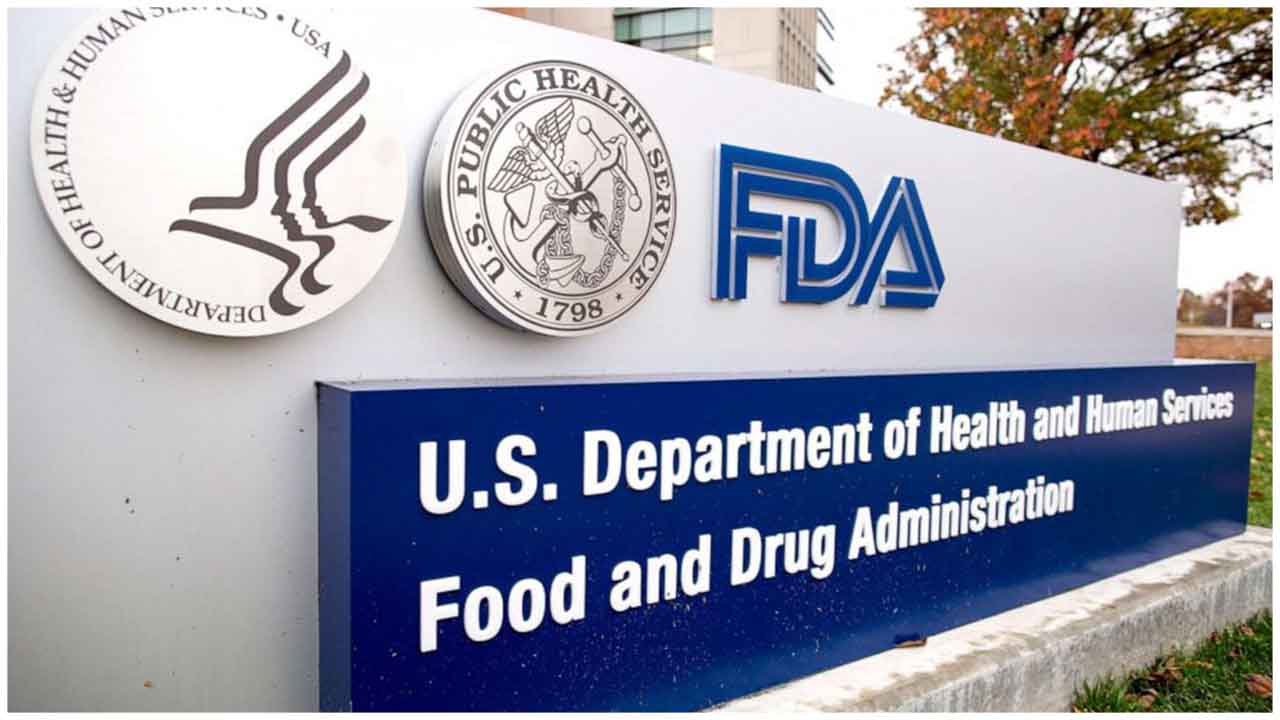Third US indication for Nucala demonstrates GSK’s commitment to finding new ways to help patients
with eosinophil-driven diseases.
GlaxoSmithKline plc (GSK) today announced the US Food and Drug Administration (FDA) has approved
Nucala (mepolizumab) for the treatment of adult and pediatric patients aged 12 years and older with
Hypereosinophilic Syndrome (HES) for ≥ six months without an identifiable non-haematologic secondary
cause. The approval makes Nucala the first and only targeted biologic treatment to be approved for
patients with this eosinophil-driven disease in the US.
Dr Hal Barron, Chief Scientific Officer, and President R&D, GSK, said: “HES is a complex, life-threatening
a condition that impacts nearly 5,000 patients in the US. Today’s approval gives these patients access to a
biologic treatment for the first time and demonstrates our commitment to maximizing Nucala’s impact on
eosinophil-driven diseases.”
The FDA approval follows a priority review of data from a clinical development program that included
positive results from a pivotal phase 3 study, recently published in the Journal of Allergy and Clinical
Immunology. The study showed 50 percent fewer patients experienced a HES flare (worsening of
symptoms or eosinophil threshold requiring an escalation in therapy) when treated with Nucala,
compared to placebo, when added to standard of care treatment over the 32-week study period (28% vs
56%; p=0.002).
According to Dr. Gerald Gleich, MD, allergist, immunologist, and a HES expert: “Patients with HES often
suffer from debilitating flares of their disease. Reducing them is an important treatment goal. For the first
time, we now have a biologic treatment option to offer appropriate patients with this complex disease.”
Patients with HES have a persistent and marked overproduction of eosinophils, a type of white blood
cell. Reducing the overproduction of eosinophils to normal levels can help people with eosinophil-driven
diseases such as HES.
Mary Jo Strobel, Executive Director, American Partnership for Eosinophilic Disorders (APFED) added:
“HES can take many years to diagnose and most patients go through a long and frustrating journey that
continues even after the diagnosis is confirmed as treatment roadmaps are often unclear and limited.
APFED welcomes this approval of Nucala for HES as it gives our community hope.”
Nucala is currently used as an add-on maintenance therapy for severe eosinophilic asthma and for the
treatment of eosinophilic granulomatosis with polyangiitis (EGPA), and is being investigated in several
other eosinophil-driven diseases.

 Third US indication for Nucala demonstrates GSK’s commitment to finding new ways to help patients
with eosinophil-driven diseases
Third US indication for Nucala demonstrates GSK’s commitment to finding new ways to help patients
with eosinophil-driven diseases









.jpeg)


.jpeg)



.jpeg)
.jpeg)






.jpeg)





